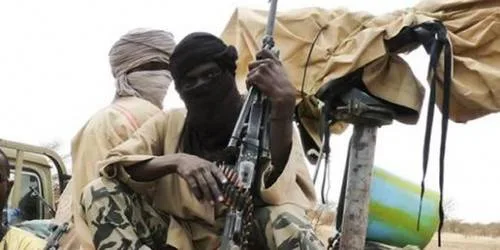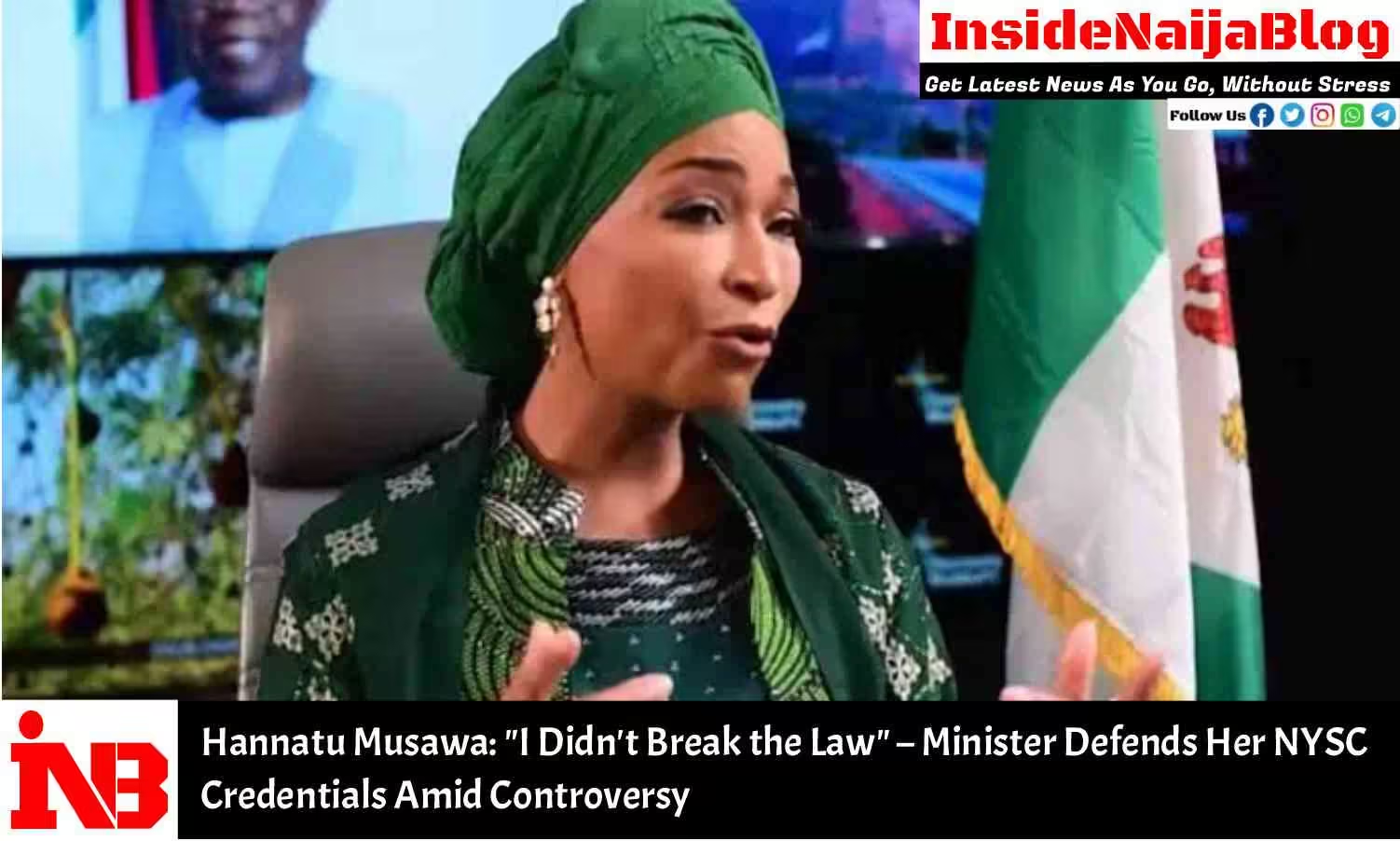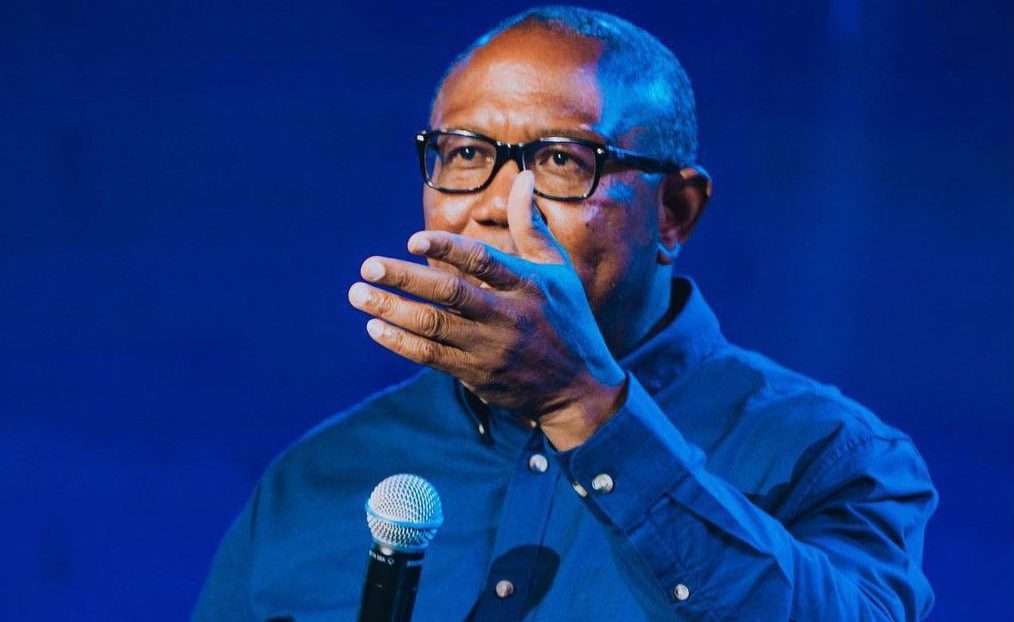Retired generals across the Nigerian Armed Forces have exposed critical insights into the factors sustaining terrorism and insurgency in the country, particularly focusing on Boko Haram and other violent groups. Their revelations point to the complicity of some non-governmental organizations (NGOs), international agencies, and vested interests both within and outside the country. These entities are alleged to play key roles in ensuring the steady supply of arms and funding to terrorist organizations, undermining the Nigerian military’s efforts to restore peace and stability.
The Chief of Defence Staff (CDS), General Christopher Musa, recently called on the Federal Government to engage the United Nations (UN) in investigating how arms continue to reach terrorists and bandits. This appeal comes amid growing concerns about the effectiveness of military operations, despite significant budgetary allocations and efforts that have led to the neutralization of numerous terrorists and the recovery of thousands of weapons. General Musa’s call highlights the persistence of these groups, raising questions about the channels through which they are funded and supplied.
Retired Generals’ Alarming Observations
Retired generals from the Army, Navy, and Air Force, including former theatre commanders and operational leaders, have shed light on the crux of the problem and identified those responsible for sustaining terrorism in Nigeria. Many of these generals have firsthand experience leading operations in insurgency-prone regions, and their accounts reveal a troubling picture.
External and Internal Conspiracies
A retired General Officer Commanding (GOC) of the Army’s 1 Division disclosed that external financiers and internal non-state actors have long played critical roles in exacerbating insecurity in Northern Nigeria. He noted that funding sources for insurgents have often been traced to the Middle East, with the United Arab Emirates (UAE) assisting Nigeria in apprehending several financiers. However, these efforts have been marred by political controversies, as many of those arrested were not prosecuted.
The retired GOC further emphasized that Boko Haram’s longevity—spanning over 15 years—can largely be attributed to the exploitation of socio-economic vulnerabilities. Poverty, illiteracy, and unemployment create a fertile ground for terrorist recruitment, particularly among young, uneducated men and women in the North. The situation is compounded by widespread governance failures, including poor healthcare, lack of quality education, and inadequate infrastructure.
Ideological Entrenchment
A former theatre commander of the Joint Task Force in the North East recounted how the ideological appeal of Boko Haram and similar groups continues to resonate with disillusioned youth. He highlighted how insurgents exploit grassroots communities by extorting farmers and taxing their produce. For instance, farmers often leave a portion of their harvest for insurgents, who then sell the produce, convert the proceeds into foreign currencies such as the CFA Franc or US Dollars, and use the funds to procure arms.
The commander also expressed concerns about the broader Sahel region, suggesting that international conspiracies may be at play. He argued that the destabilization of Libya and the subsequent proliferation of arms across Africa appear to be part of a deliberate effort to create insecurity and exploit the continent’s resources. He pointed to the “triangle” of Zamfara, Sokoto, Niger, and Katsina states in Nigeria, which are rich in uranium and gold, as a focal point for terrorist activities driven by both local and foreign interests.
The Role of NGOs and Foreign Agencies
A retired Air Force commander made startling allegations against some NGOs and international agencies operating in Nigeria. He claimed that many of these organizations, under the guise of providing humanitarian aid, are covertly involved in funding and supplying terrorists. Reports of nighttime aircraft delivering weapons to insurgents in remote areas were cited as evidence of this complicity.
The commander also accused NGOs of undermining military efforts by calling for the use of foreign mercenaries whenever the military begins to gain the upper hand against insurgents. He described instances where helicopters were reported to have dropped arms in forests across Adamawa, Niger, and Kaduna states, further fueling terrorism.
These allegations raise serious concerns about the true motives of some international organizations operating in conflict zones in Nigeria. While NGOs often provide essential services such as healthcare, education, and infrastructure development, the retired commanders argue that these activities mask ulterior motives, including arms trafficking and resource exploitation.
Challenges in Addressing Terrorism
The retired generals identified several systemic issues hindering the fight against terrorism:
- Inadequate Governance: Poor governance at the state and local levels has left millions of people without access to basic services, creating a breeding ground for extremist ideologies.
- Unregulated Religious Institutions: A lack of oversight over religious teachings has allowed extremist ideologies to flourish. The generals called for stricter regulation of mosques and churches.
- Weak Financial Intelligence: Although efforts have been made to trace and block terrorist funding, these measures require greater international collaboration and advanced technologies such as AI-based analytics.
- Limited Public Support: The retired commanders emphasized that public support is critical in combating terrorism. Communities must work closely with the military to resist and report insurgent activities.
Military Efforts and Recommendations
The Nigerian Armed Forces, in collaboration with the National Centre for the Control of Small Arms and Light Weapons (NCCSALW), have made significant strides in recovering illicit arms. In 2024 alone, security forces retrieved 8,815 weapons and over 228,000 rounds of ammunition. However, the continuous inflow of arms highlights the need for a comprehensive approach to counter-terrorism.
The generals recommended several measures to address the problem:
- State Policing: Decentralizing the police force would enhance security coverage across the country.
- Enhanced Financial Intelligence: Agencies such as the National Financial Intelligence Unit (NFIU) must step up efforts to track and block terrorist funding.
- International Collaboration: The involvement of the UN and other international bodies could help trace arms flows and impose sanctions on sponsors.
- Socio-Economic Development: State governments must prioritize education, job creation, and infrastructure development to reduce the appeal of extremist groups.
The revelations by Nigeria’s retired generals underscore the multifaceted nature of terrorism in the country. While the military continues to achieve significant victories on the battlefield, the persistence of arms inflows and funding highlights the complex web of local and international actors sustaining the conflict. General Musa’s call for UN intervention reflects a growing recognition that a holistic approach—encompassing military action, governance reforms, and international cooperation—is essential to ending terrorism in Nigeria.




